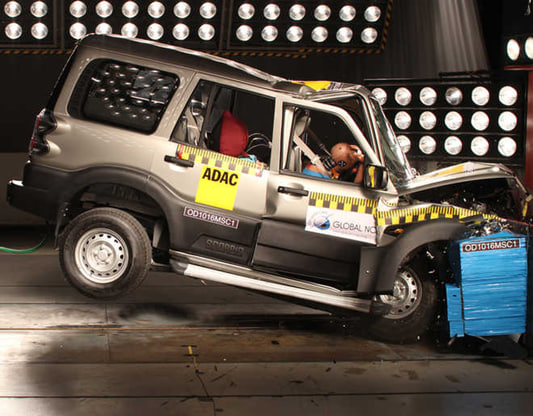The Bharat New Car Assessment Programme (NCAP), the new safety rating system for passenger cars up to 3.5 tonnes which is to be implemented from October 1, is a welcome initiative as it will give a push to India’s efforts towards enhancing road safety. Priced at one-fourth (around Rs 60 lakh) the cost of the rating systems available at present in just four other countries, the NCAP should spur more carmakers to get crash tests and evaluation of other safety parameters done for their vehicles. These assessments will, in turn, enable car buyers to make informed choices based on the safety factor. Even as this is likely to propel the auto sector to pull up its socks, it would also brighten the chances of Indian cars marked with good safety grades bagging international orders.
The latest WHO data points to road accidents as being the leading cause of death among youth and children in the age group of five to 29 years. Ensuring safety standards of a car cannot be emphasised enough in our country as India accounts for the world’s highest number of road accidents, which claim about 1.5 lakh lives annually. The ratings are vital for meeting the goal of the Brasilia Declaration — to which India is a signatory — to cut by 50 per cent the number of global deaths (1.3 million annually) and injuries due to road accidents by 2030.
However, these car safety measures would amount to little in India if not complemented by equally rigorous adherence to traffic norms. For, among the top causes of road mishaps and resultant deaths or injuries are blatant violations of the rules of lane driving and speed limits. The importance of safe driving must be etched in every child’s mind so that s/he grows up to be a responsible driver.
